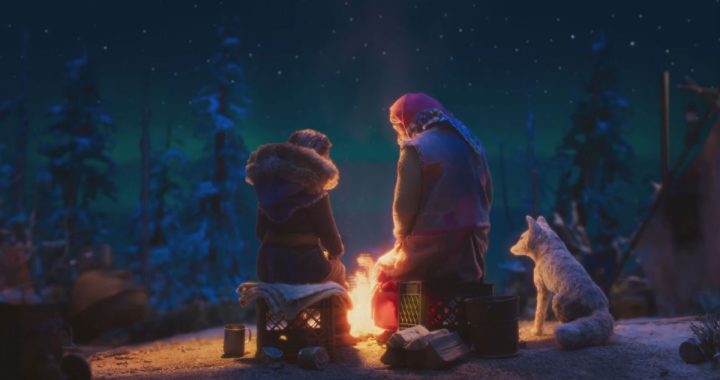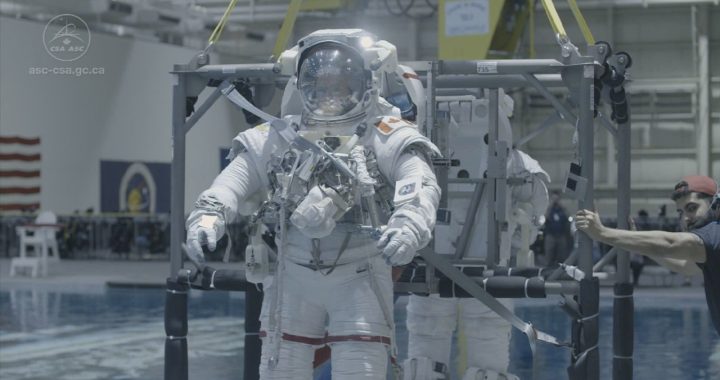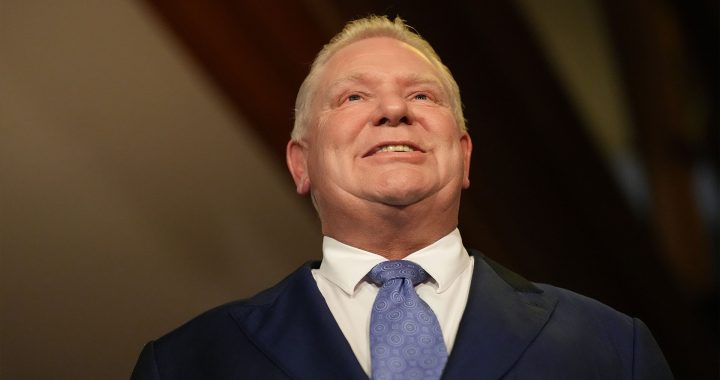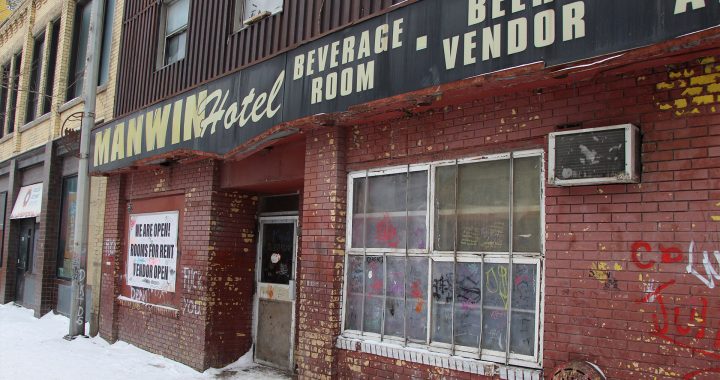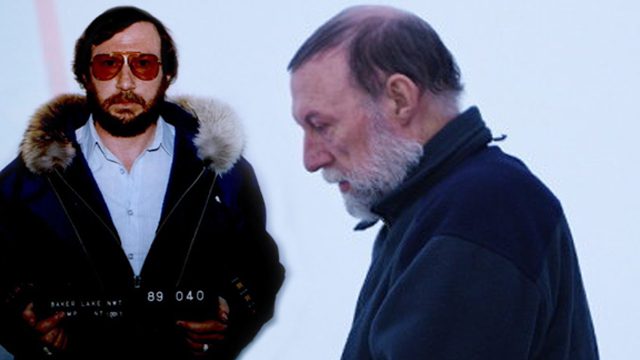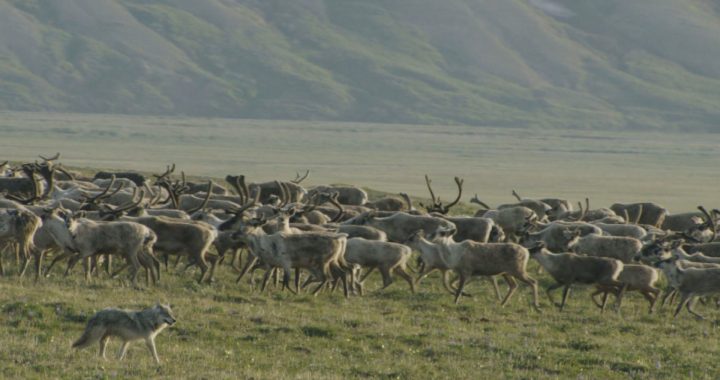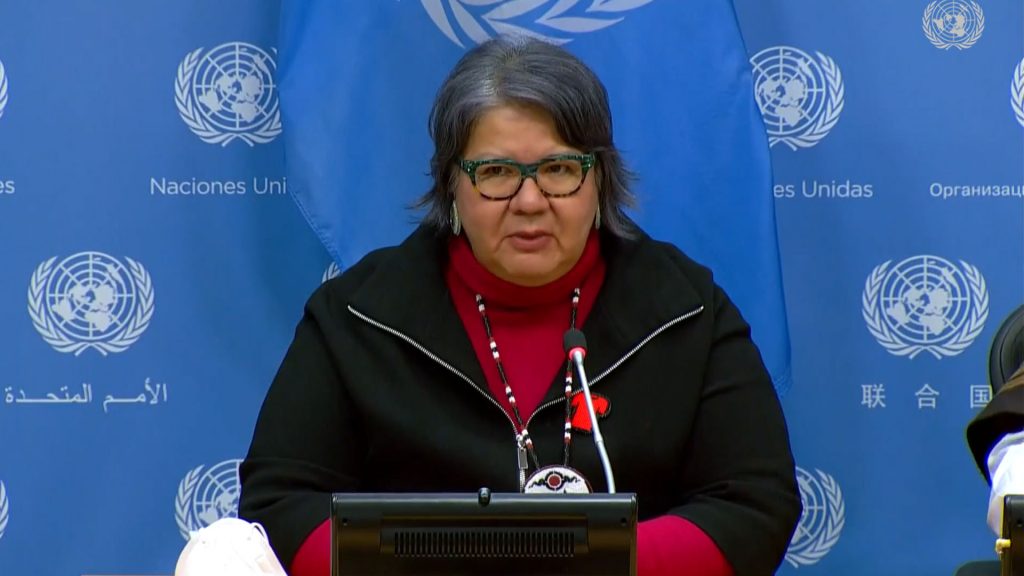
National Chief RoseAnne Archibald at a press conference in New York. Photo courtesy: UN TV
The head of the Assembly of First Nations has asked the United Nations to conduct “full-fledged investigations” into human rights violations and genocide committed at Canadian residential schools.
National Chief RoseAnne Archibald, speaking Monday at the 21st forum on Indigenous issues in New York, said both Canada and its federal police force are in conflicts of interest, and can’t be trusted to investigate themselves.
“Canada and the other UN member states must not look away,” she said. “The recovery of our children is not over. We still have over 130 institutions to search. We are seeking justice and accountability from governments and churches.”
Archibald urged the UN special rapporteur on the rights of Indigenous Peoples, along with other special rapporteurs, to probe the circumstances and responsibilities surrounding these institutions that operated between 1831 and 1996.
She said the international body must consider full redress, criminal prosecutions, sanctions and other remedies for human rights violations including genocide.
The AFN has made a formal request via letter to the UN High Commissioner for Human Rights but has yet to hear back, Archibald said.
Read more:
Papal apology ‘an empty gesture’ without reparations and reform: Niigaan Sinclair
She added that a group of lawyers had petitioned the International Criminal Court to examine the issue last year but were told the court had no jurisdiction. Archibald said she still hopes the court eventually listens.
In her prepared remarks, Archibald said last summer’s discovery of probable unmarked graves at the former Kamloops and Marieval residential schools, which prompted grief and horror across the country, added renewed urgency to the issue.
“I don’t call them schools anymore because no school I ever attended had children buried in unmarked graves,” the national chief said. “We invite the world community to stand with First Nations, to listen, learn and reflect on this tragedy that is shared by the U.S. and Australia who also had similar institutions.”
Archibald added that government obstruction tactics, such as withholding documents, and conflicts of interest require international oversight.
“Canada must not be allowed to investigate itself,” she said.
The RCMP received millions of dollars from the 2022 federal budget to assist communities with new searches for unmarked graves, but Archibald questioned whether the federal police force is competent to do this work.
She said Mounties have a bad reputation with First Nations people because they would invade communities to forcibly remove the children from their homes. They also acted as residential school truant officers.
“They would threaten parents with arrest,” she said. “There were threats made by the police as they took our children away. How can that organization investigate itself or investigate Canada? It can’t.”
An estimated 150,000 First Nations, Inuit and Métis children were forced to attend the government-funded, church-run institutions that operated as a system for more than a century.
The Truth and Reconciliation Commission documented about 4,000 deaths but said the true number may never be known due to factors like document destruction and poor record keeping.




